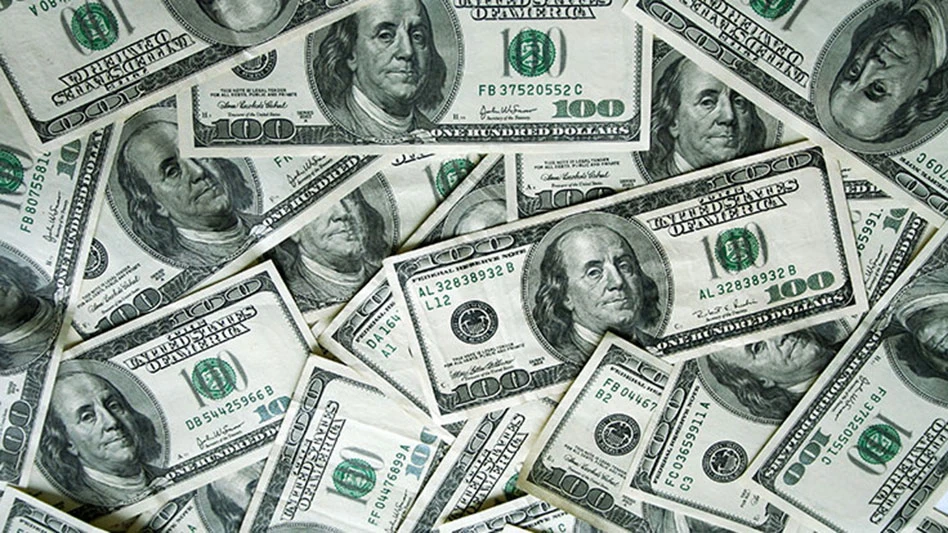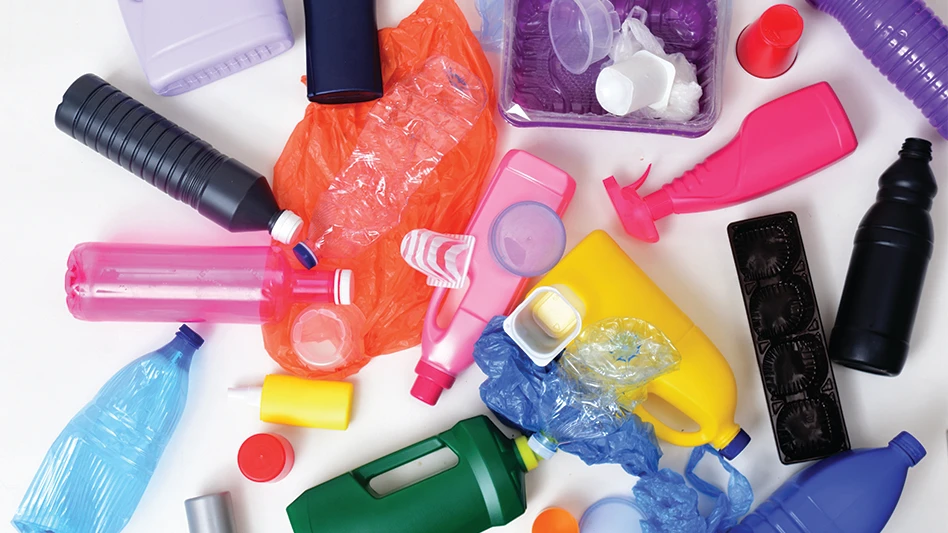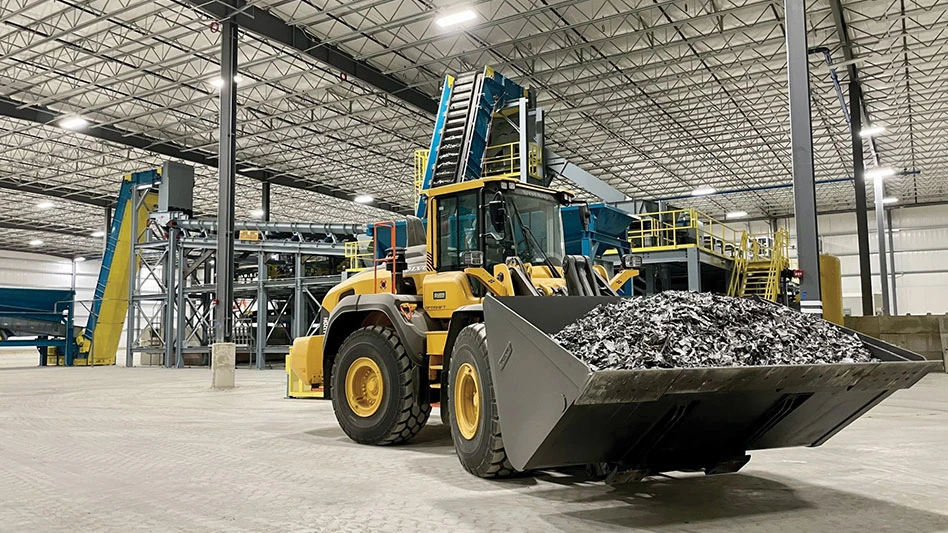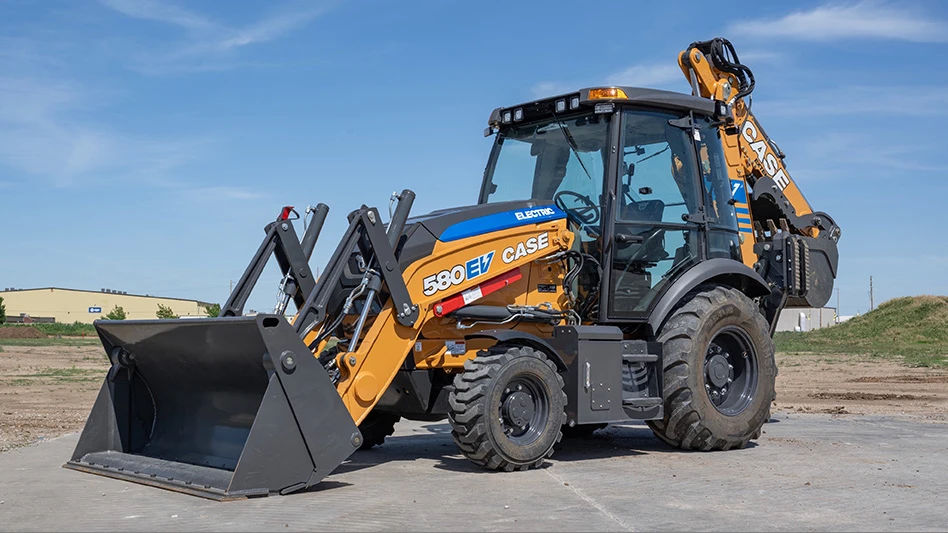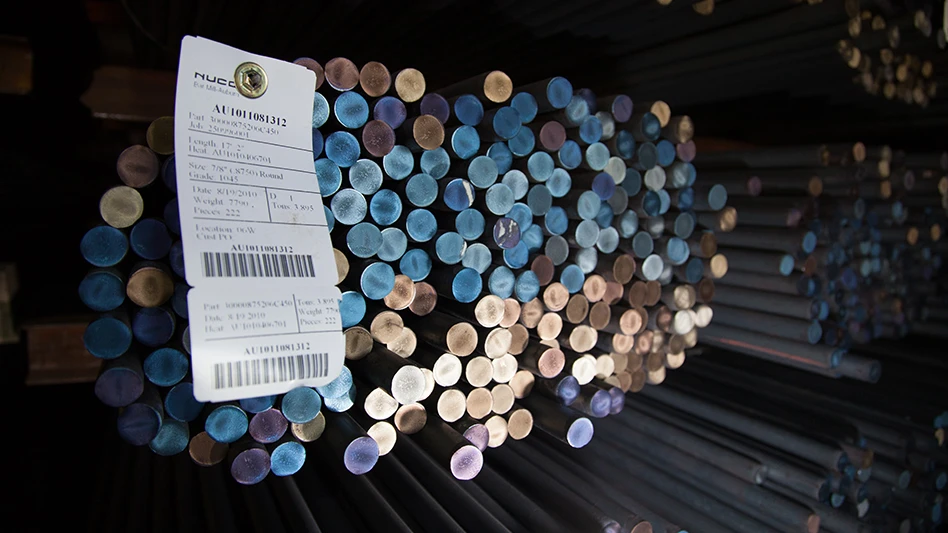INDIA MAY ACCEPT LEAD BATTERIES
To meet increasing domestic demand, India’s Environmental Ministry is considering a proposal to allow lead scrap imports into the country, government and trade officials say.
The concept of allowing lead batteries into the country and whether the area has sufficient facilities to process the material is being researched by the government.
In the mid-1990s, lead scrap imports were banned from India following the Basel Convention, which banned international trade in hazardous wastes. India’s government has recently allowed imports of zinc ash, but only to plants with modern recycling techniques and capabilities to process the materials and with the proper waste disposal systems.
Many secondary lead manufacturing firms went out of business after the import ban took effect. The decision, which could affect many scrap businesses, is expected to come soon.
The government had already started the process to allow imports into the country again, but the change was delayed pending further approvals. India’s domestic lead consumption is expected to grow to about 160,000 tons this year, up from last year’s 140,000 tons.
Domestic production is expected to remain at about 60,000 tons and imports would supplement the growing demand of about 15% every year.
Legislation is also being drafted to help streamline the collection of lead batteries from domestic market dealers. The new legislation would have all government departments selling their used batteries to one government appointed agency, who would sell the materials only to approved lead recycling plants.
“The legislation will make it mandatory for all battery dealers in the domestic market to take back the used battery from anybody who comes to buy a new battery,” P.N. Mago, general manager of Indian Lead Ltd., has told the Reuters news service. “We expect the legislation to come out within a month.”
ALLIED METAL CO. ADDS TO CHATTANOOGA SITE
Allied Metal Co., Chicago, has purchased three acres of land adjacent to its Chattanooga facility.
The additional land is the first step toward an expansion project in Chattanooga for the secondary aluminum and zinc smelting company. The company is considering adding a rail spur to the property, which would be the next step in a $2 million expansion at the Chattanooga site.
The Allied Metal Co. Chattanooga facility currently includes a 240,000-pound zinc furnace, two 32,000-pound zinc kettles, a sow line, and is served by a small truck fleet. If the planned expansion takes place, Allied would double its Chattanooga work force from the current 30 employees to 60.
APPLIANCE RECYCLING VENTURE CREATED IN JAPAN
Two major Japanese corporations are forming a joint venture to recycle obsolete home appliances in that nation.
Sharp Corp. and Mitsubishi Materials Corp. are funding and creating a joint venture that will recycle Sharp-brand home appliances, according to a Reuters report.
The joint venture company will build a facility in Osaka, Japan that will accept televisions, refrigerators, washing machines and air conditioners for recycling.
The scheduled start-up date for the $12.7 million plant will be in April 2001. Some 50 to 100 people will be employed at the facility, which will initially be able to recycle 360,000 appliances per year before ramping up to 600,000 units per year.
SHIPPING OUT
1998 was not a banner year for U.S. scrap exports, but significant amounts of scrap were shipped out nonetheless.
Canada, always the largest trading partner with the U.S., was the leading destination for U.S. ferrous, aluminum and copper scrap. Similarly, Canada also shipped more ferrous and nonferrous scrap into the U.S. than any other nation.
Beyond U.S.-Canada cross border trading, South Korea, China and Mexico were among the nations receiving sizable shipments of U.S. scrap in 1998. South Korea was the leading destination for ferrous scrap, while ranking sixth in copper scrap and seventh in aluminum.
China was the second leading copper scrap destination while also ranking fourth in the amounts of ferrous and aluminum scrap. A significant amount of copper and aluminum scrap was also shipped to Hong Kong.
Mexico ranked second in the amount of aluminum scrap accepted from the U.S., and ranked third in ferrous scrap tonnage, taking in more than 960,000 metric tons of ferrous, according to the U.S. Bureau of the Census.
1998 LEADING U.S. SCRAP METAL EXPORT DESTINATIONS (metric tons)
Source: U.S. Bureau of the Census
FERROUS
Canada 1,470,000
South Korea 1,420,000
Mexico 961,000
Turkey 452,000
Taiwan 270,000
China 216,000
Venezuela 132,000
ALUMINUM
Canada 149,000
Mexico 63,700
Taiwan 54,500
China 53,300
Japan 35,800
Hong Kong 32,000
South Korea 31,800
COPPER
Canada 107,000
China 49,300
Hong Kong 38,000
India 28,360
Japan 20,600
South Korea 14,320
Germany 13,720

Explore the October 1999 Issue
Check out more from this issue and find your next story to read.
Latest from Recycling Today
- Indiana county awarded $65K recycling grant
- Mixed paper, OCC prices end year on downward trend
- Updated: CAA submits final draft program plan in Oregon
- Enviri names new president of Harsco Environmental business
- Survey outlines ‘monumental challenge’ of plastic packaging collection in UK
- Nippon Steel acknowledges delay in US Steel acquisition attempt
- BASF collaborates to study mechanical plastic recycling
- Commentary: navigating shipping regulations for end-of-life and damaged batteries
